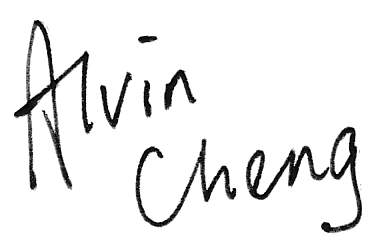The purpose of organising our own digital contents
Having been sketching portraits in Southbank Portrait Session, which is organised every Sunday, for more than a year, I have more than 200 pieces of works so far. When talking to one of the people I met here, I realized that I sketched some of them for several times. This morning, I decided to group the artworks together according to individuals.
We usually think we have to organise everything to be tidy, but we end up doing nothing because we don't have time.
Our (limited) understanding of organising has made it a very hard task, that we have to obey. In physical spaces, we organise stuff especially papers into folders and bookmarks so that we can find things easier and make our life easier. Untidy space can be dirty too so organising spaces and things make sense.
In digital world, we have one thing that physical space can't have: search engine. With a few keywords we can find something we want, or be reminded that the files or notes we have already forgotten. Search engines have been more powerful as they are more able to distinguish visual objects like sketches and cars, and searching is not limited to text more.
Organizing our digital life is, thus, no longer a kind of obligation. Unlike physical space we no longer have negative consequences if we don't put our files in right places.
That said, organisation is not necessarily painful that we should abolish with the introduction of search engines. Rather, we can have fun by organising our data because organising them is a process of looking back what we have made, as well as moving our contents to different places to see what happens. The magic of connecting the dots has, thus, occurred.
If you group various contents together, and even reorder them, you may discover something new which can guide you to a new action and project. This allow you to step up what you are doing to a more meaningful stage instead of just mechanically keeping doing the same thing.
Remember, it doesn't matter how tidy your digital space is, because this is not the end product we need to have, but your satisfaction when you are moving data having new ways of looking and seeing!
The digital world has helped us create much more things than before, but what is not designed well is to guide us to look back what we did since attention economy always asks us to pay attention to the latest trends. We therefore obtain multiple pieces of information without having ideas about how we can deal with, ending up a kind of consumption with sensations and frustration which waste a lot of time and energy. Revisiting our content we created can bring us to a positive feedback loop which makes us more energetic, productive and creative.

